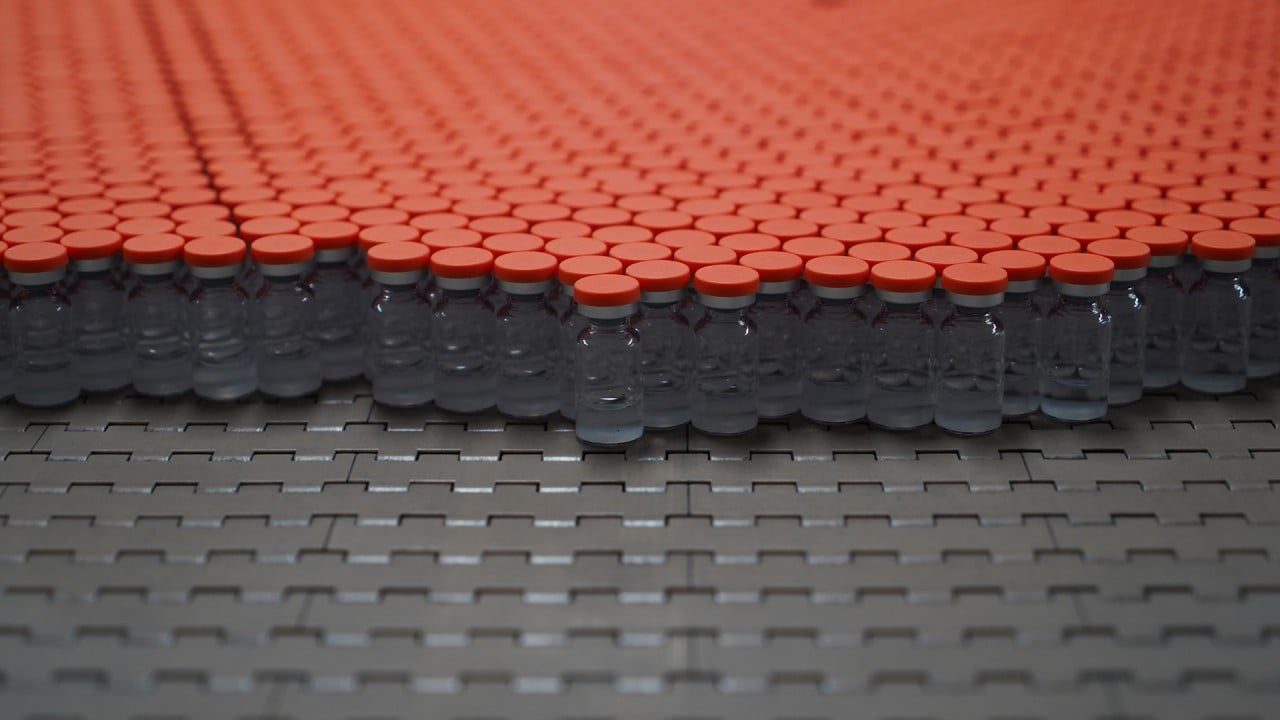Opinion | What the coronavirus vaccine roll-out says about innovation in an age of geopolitical rivalry
- While competition can foster innovation, in the current global crisis, concerns about intellectual property protection and efforts to cultivate diplomatic loyalties through vaccine provision can obstruct the type of cross-border collaboration needed

Reviving decimated industries calls for proactive and stimulatory policy intervention of the type adopted after the global financial crisis and the Great Depression. This imperative underscores the crucial role governments play in supporting industrial growth, including that led by innovation.
The release of Bloomberg’s 2021 global innovation index offers insights into how such a policy might take shape. The index ranks 60 countries across metrics including per capita research and development expenditure, manufacturing value added, tertiary education (universities), number of hi-tech companies, concentration of people holding research positions, and per capita issuance of patents.
The rankings reveal some notable trends. Two Asian countries – South Korea and Singapore – took the top spots. Four rather small European countries – Switzerland, Sweden, Denmark and Finland – are in the top 10, while the US dropped out of the top 10 (it had the top rank in 2013). China ranks 16th, the UK 18th, Australia 19th and India 50th.
Success in this endeavour favour firms and countries holding existing advantages in R&D and research capacity. Those rolling out vaccines now in widest use are the US (Moderna), Germany (Pfizer BioNTech), Britain (AstraZeneca) and China (Sinopharm) – all populous countries that are home to multinational corporations and globally competitive universities.


